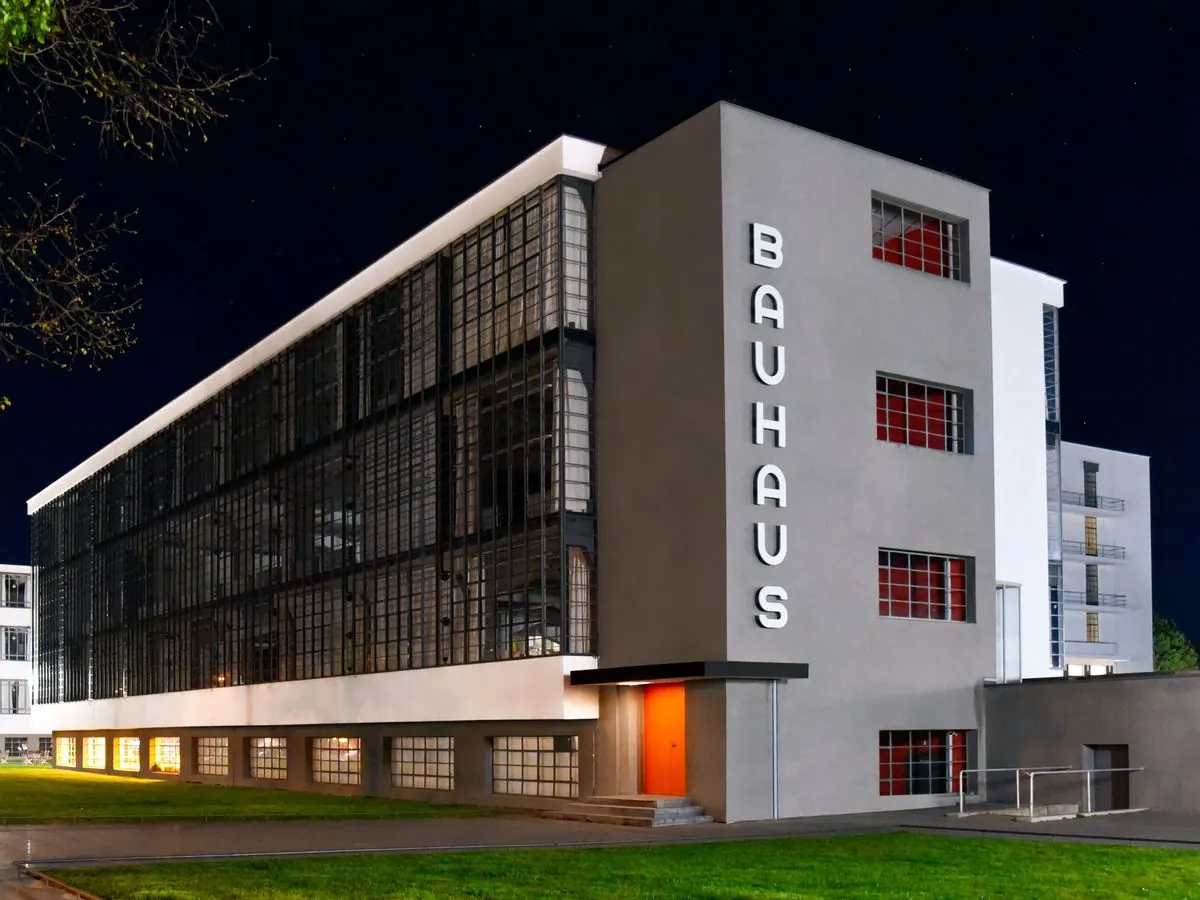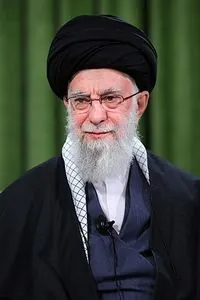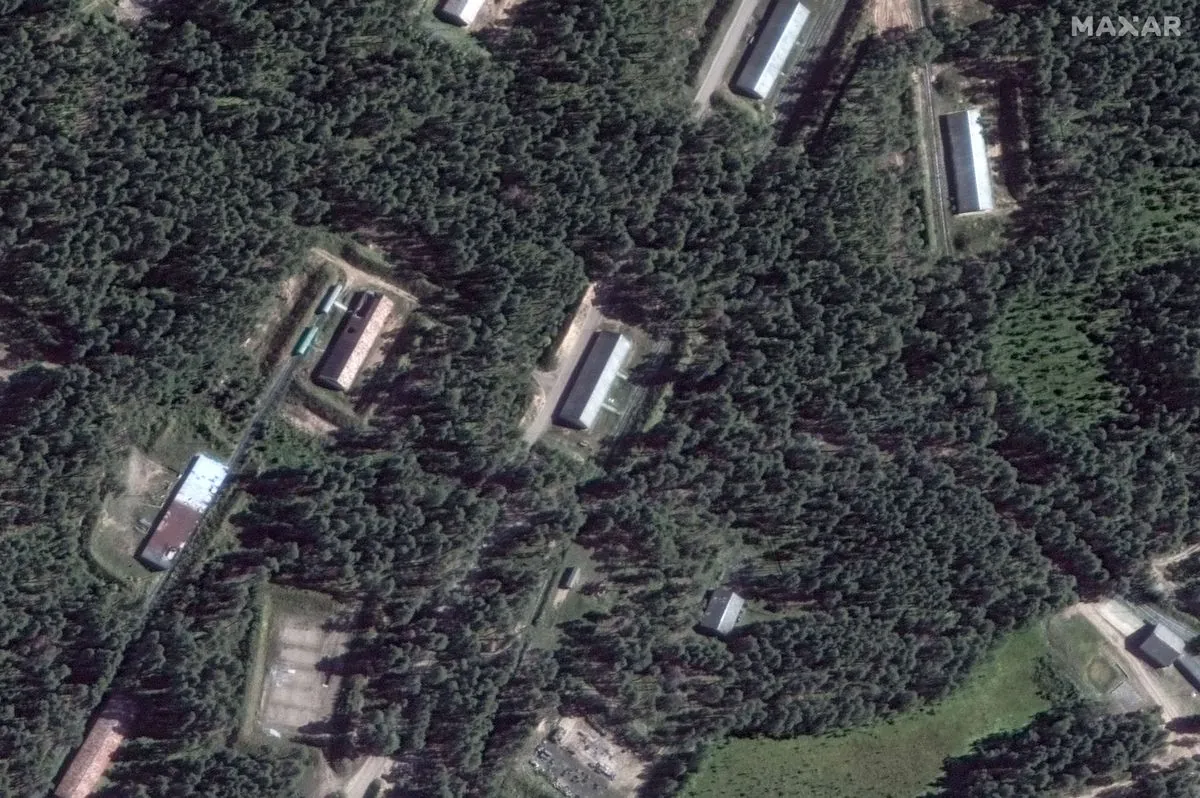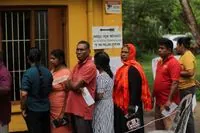German far-right group questions famous design school's 100-year legacy
A political dispute over Bauhaus design school emerges as Dessau plans its centenary celebration. The controversy highlights deeper cultural divisions in modern-day Germany

In east-german Dessau‚ a debate about the Bauhaus design schools 100-year anniversary has turned into a full-blown cultural dispute. The citys plans for next years celebration face push-back from the far-right Alternative for Germany (AfD) party which questions the schools influence on local culture
The state parliament recently dealt with an unusual proposal: Hans-Thomas Tillschneider and his AfD colleagues wanted to stop what they called “uncritical glorification“ of Bauhaus (a statement that got quick rejection from other lawmakers). The school — established back in 1919 — brought together craft-making and mass-production creating a unique mix that shaped modern design worldwide
The schools history shows its global reach; however its international style made it a target. When the Nazi regime took control in early-1930s they shut down this creative hub which had attracted many Jewish designers and artists from all over Europe. Today the clean-lined building with its steel-framed windows stands as an icon that influenced post-war architecture worldwide
Right-wing movements across the globe share similar views on modern design:
* In USA there were attempts to make neo-classical style mandatory for government buildings
* Hungarys leadership rebuilt Budapest parts to match pre-war looks
* Some groups prefer traditional regional architecture
Your worship of Bauhaus seems very fragile if our subjecting it to a little criticism might take your precious Bauhaus away from you
According to Jan-Werner Mueller‚ a Princeton expert on far-right movements; such cultural debates serve as tools for political gain. The AfD — which recently won its first regional election since WW2 — uses these topics to highlight differences in national identity views


































